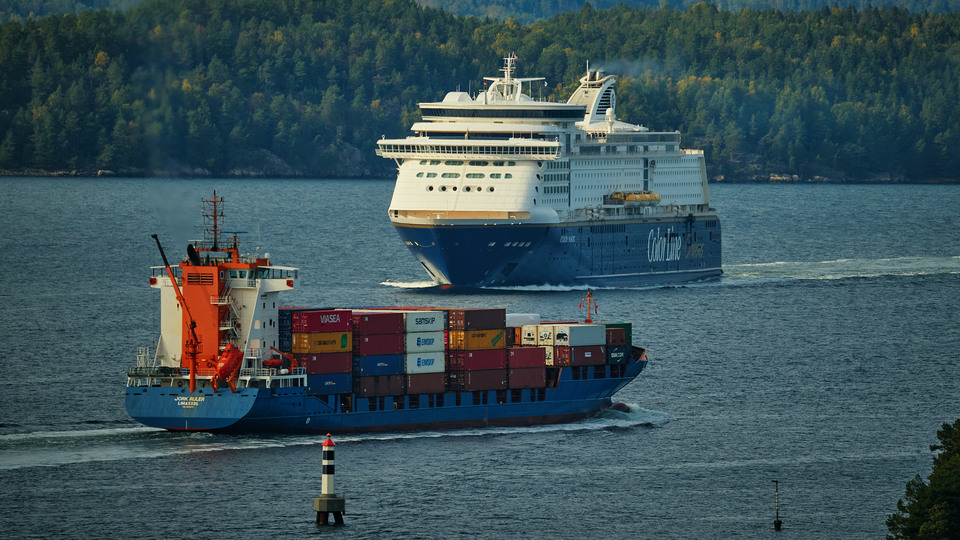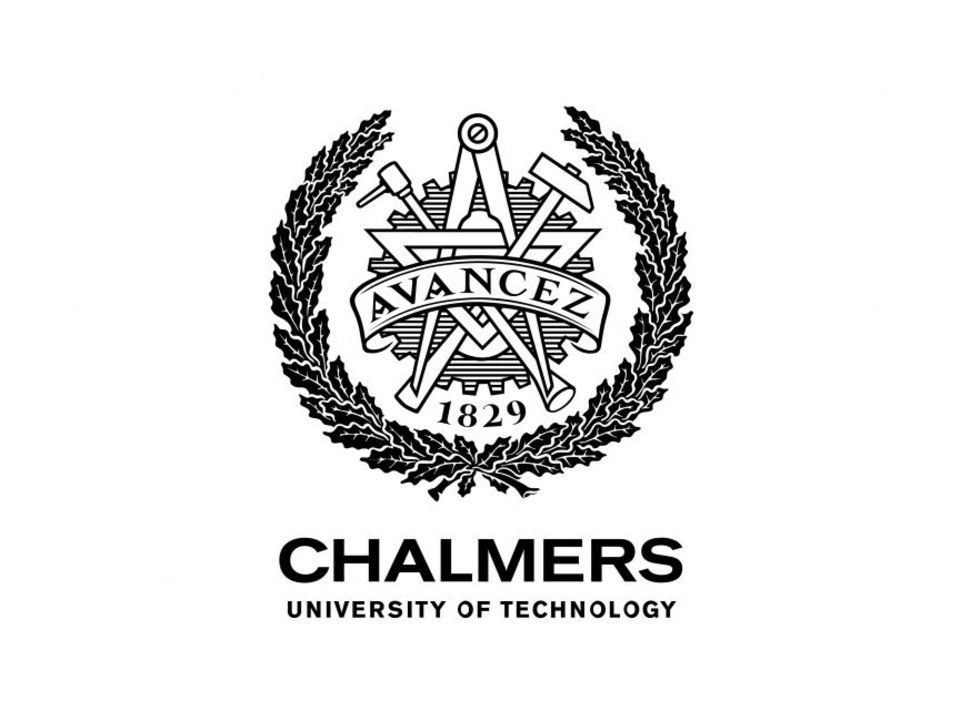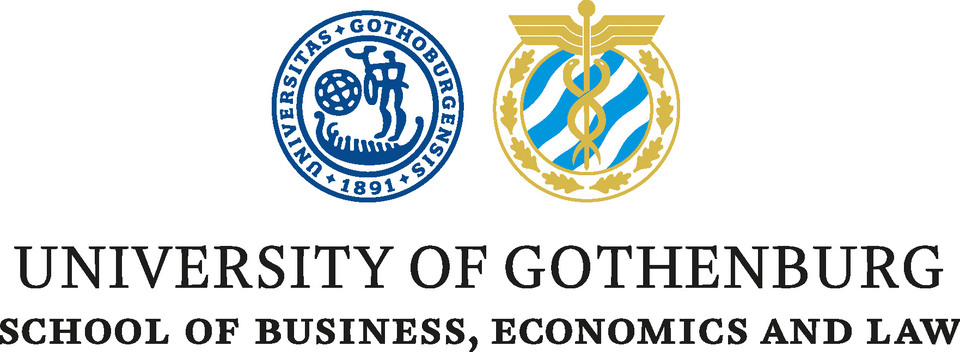
How the shipping sector and the environment are affected by EU policy instruments
The FEMAR project analyses the influence on Swedish and Scandinavian shipping and the environment of selected policy instruments within the EU.
The purpose of FEMAR is to assess the Fuel EU Maritime regulation, as well as other related EU/global policy developments, and their potential influence on the shipping sector and associated environmental impact, focusing on Sweden and the Scandinavian countries. IVL Swedish Environmental Research Institute leads this research project in collaboration with Chalmers University of Technology and the University of Gothenburg.
To reach future climate targets, shipping needs to reduce its GHG emissions. This applies both globally and linked to Sweden and the rest of Scandinavia. The shipping sector has largely evaded climate policies. However, the EU is about to introduce a couple of instruments to reduce greenhouse gas emissions, including shipping. The Fuel EU Maritime Regulation, which aims to promote introducing renewable and low-carbon marine fuels, is one of them. What impact on the shipping sector, fuel choice and the environment can these policy instruments be expected to have?
It is important for the shipping industry and policymakers, to understand the potential environmental effects of shipping-related policy proposals presented by the EU and discussed globally and how they will impact the shipping sector in terms of future energy and fuel use.
The Fuel EU Maritime regulation includes a requirement to gradually reduce the yearly average GHG intensity of energy used onboard ships (from 2% in 2025 to 75% by 2050) and a requirement for passenger and container ships to use on-shore power while at berth from 2030. Another example of recent shipping policies includes the inclusion of shipping in the EU Emissions Trading System (ETS), valid from January 2024.
Further, in a parallel process, GHG policies are being developed within the IMO. The shipping industry in Europe may thus face several different policy measures to adapt to, and this process needs to be followed.
More about the FEMAR project:
- Analyses the potential environmental effects (on greenhouse gases, GHGs, air pollutants, water pollution) of some of the proposed shipping policies with a specific focus on the Fuel EU Maritime regulation.
- Assesses the possibilities for different alternative marine fuels and propulsion concepts linked to the Fuel EU Maritime regulation and other relevant EU/global policies.
- Analyses transport purchasers’ initial reaction to policy changes and proposals such as Fuel EU Maritime and other uncertainties in the shipping sector (focusing on the Swedish forest industry).
- Reviews how the policy proposals from the EU linked to the decarbonisation of the shipping sector interact with the climate policy proposals discussed within the International Maritime Organization (IMO).
Procekt partners



Project facts
- FEMAR - Fuel EU Maritime and other EU and IMO climate policies – impact on the environment and on Scandinavian shipping
- Budget: 3,4 MSEK
- Funding: The Swedish Transport Administration via its Shipping portfolio (Sjöfartsportföljen).
- Project partners: IVL Swedish Environmental Research Institute, Chalmers University of Technology, University of Gothenburg.
- Period: 2023 - 2026
Contact
Want to know more about IVL's services and offers? Enter your email address and choose which area you want to know more about, and we will get back to you.
